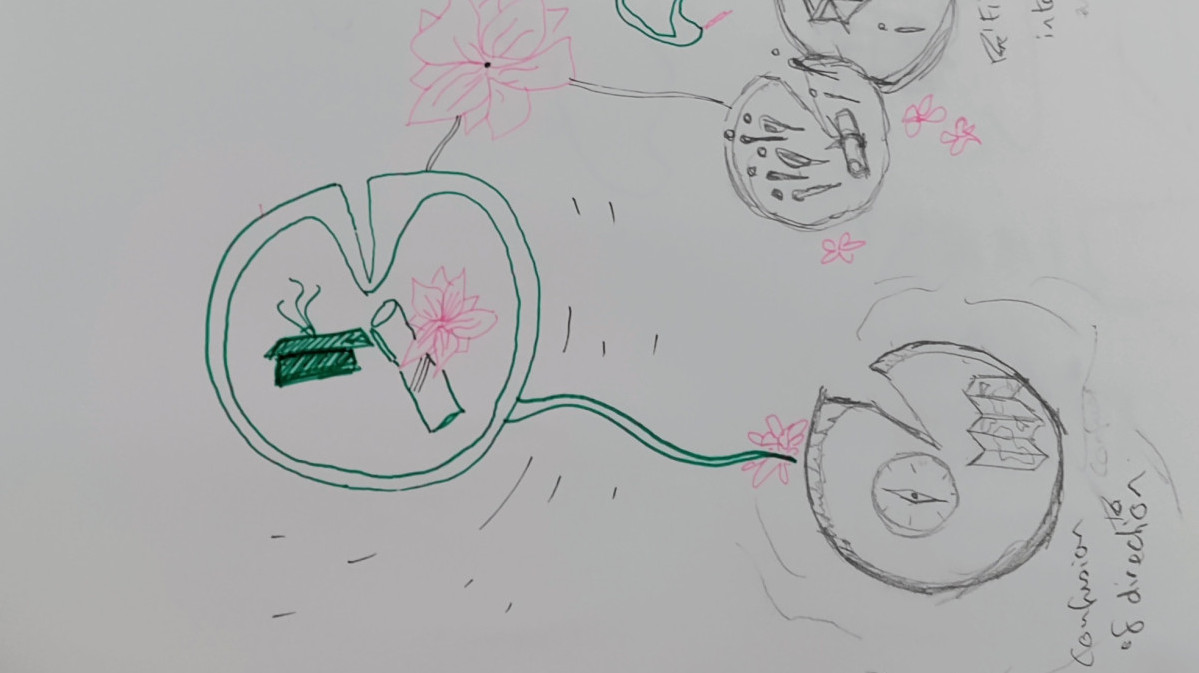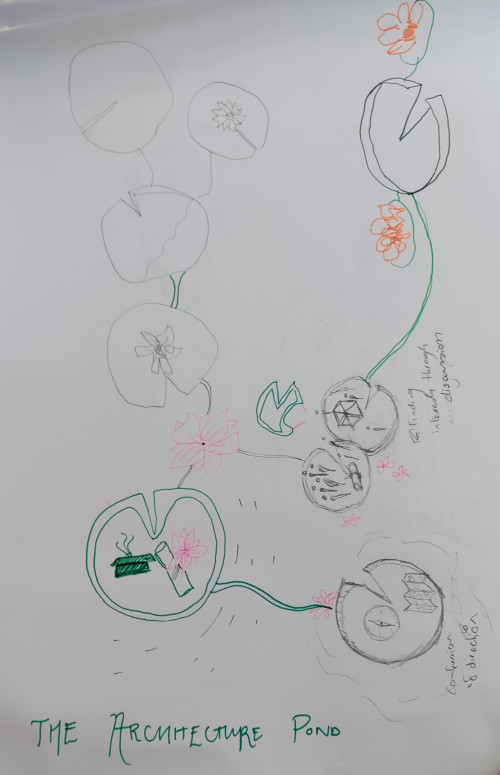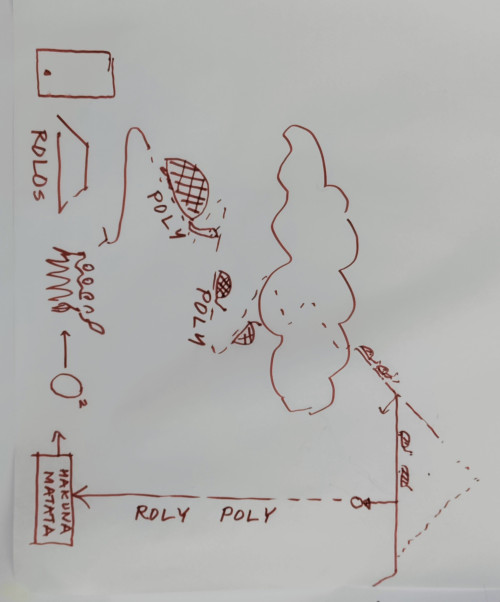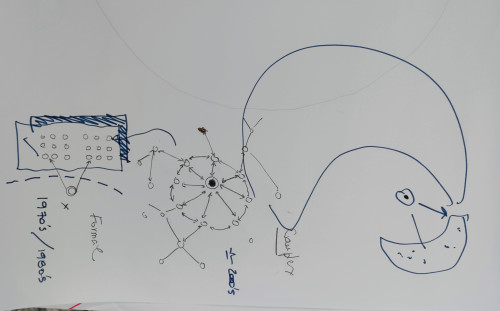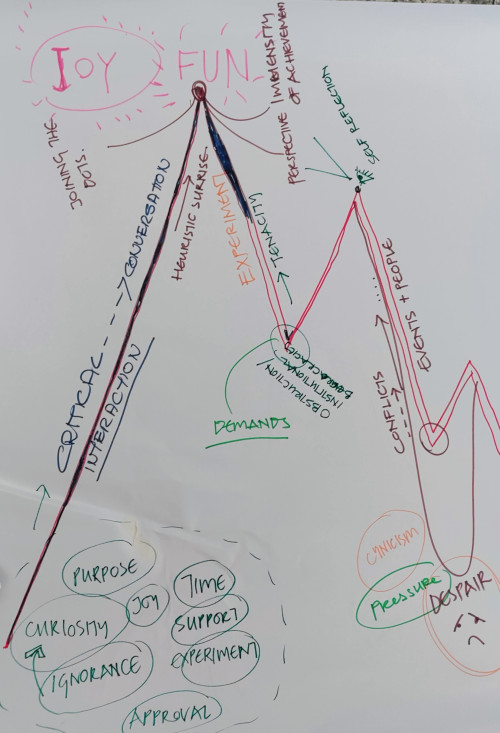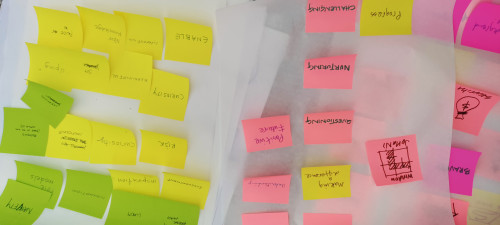CONTRIBUTORS & PARTICIPANTS:
The session began with an introduction and 10-minute contribution from Maroun Tabbal, CCAE Lecturer, Resilient Design Curricula Lead Coordinator + LERO Researcher.
This contribution reflected on Design Science; the work of Richard Buckmister Fuller; 'Curious Minds, The Power of Connection' for inclusive education; descriptive geometry and 'Refabricating Architecture' to propose transformative curricula that create Communities of Practice that go beyond the multi-disciplinary approach to an inter-disciplinary approach - for architecture that collaborates with urban ecologists, evolutionary biologists, natural and social scientists, artists, engineers, builders, makers and other scientists - both specialist and generalist.
The workshop was attended by 19 participants. Conference participants were practising architects, architectural educators and researchers and architectural students.




